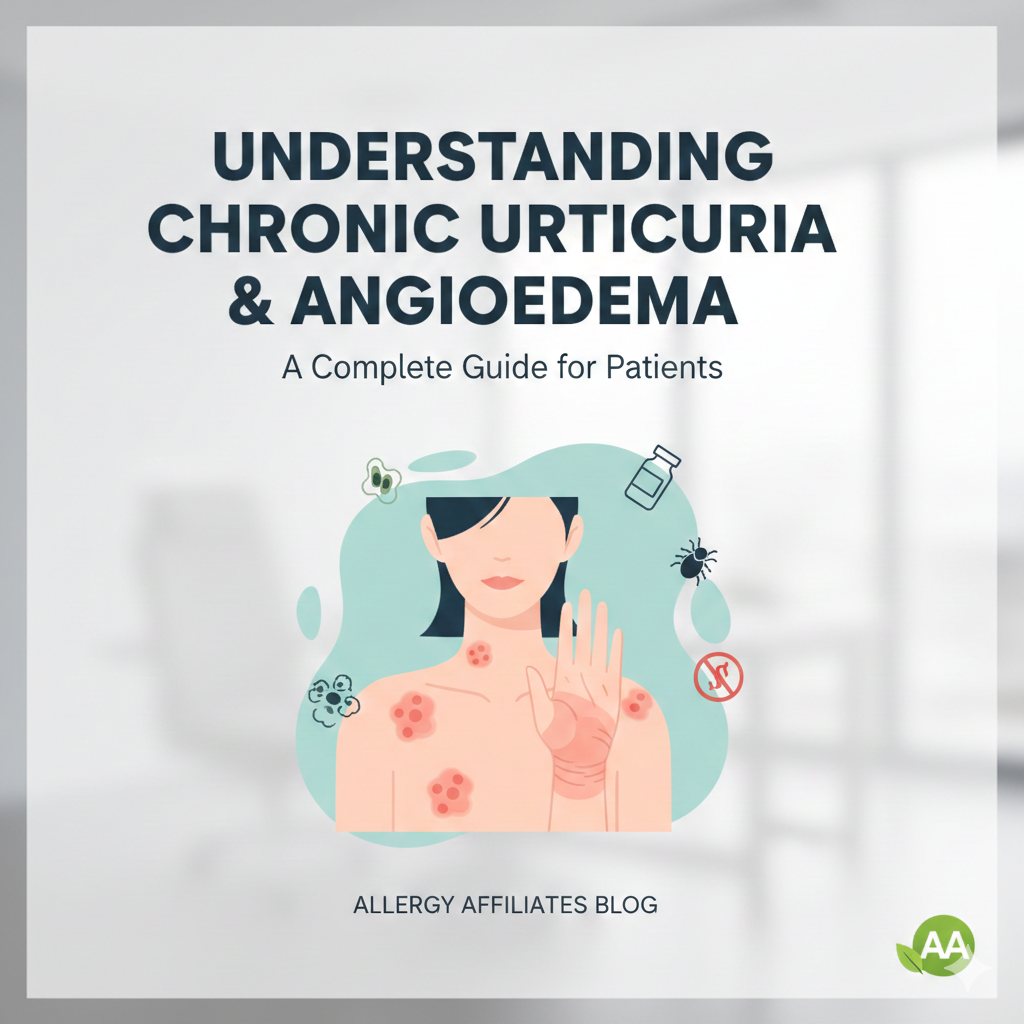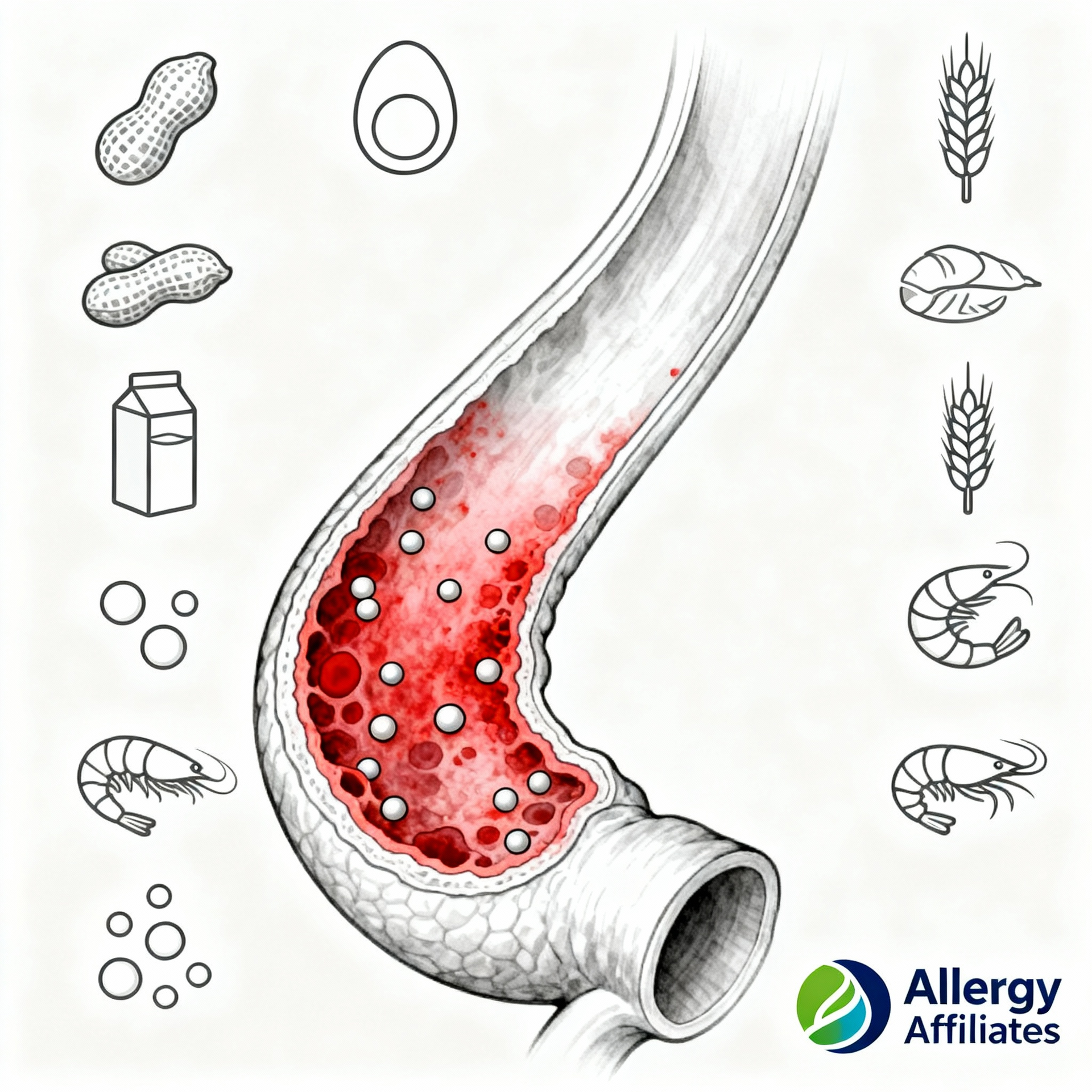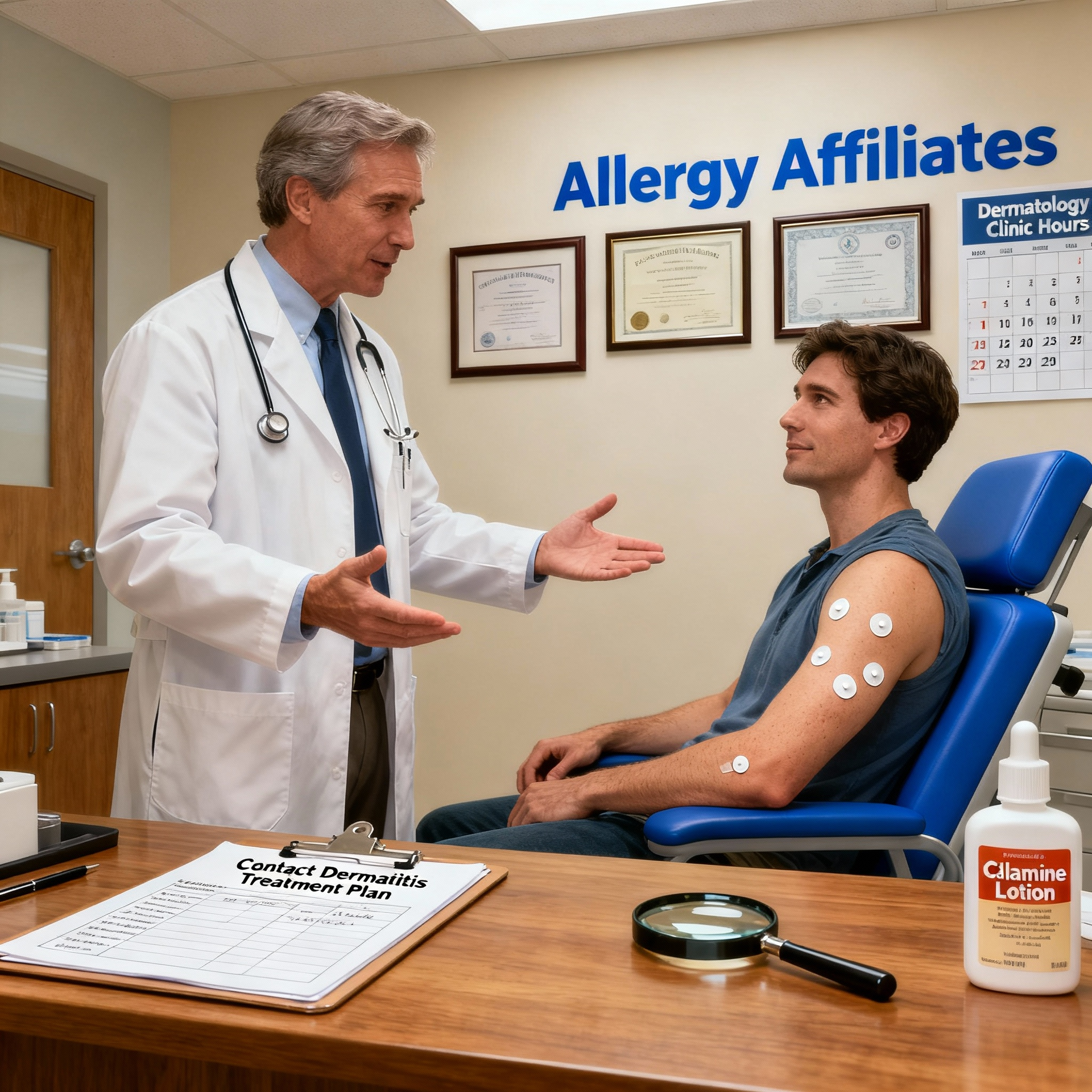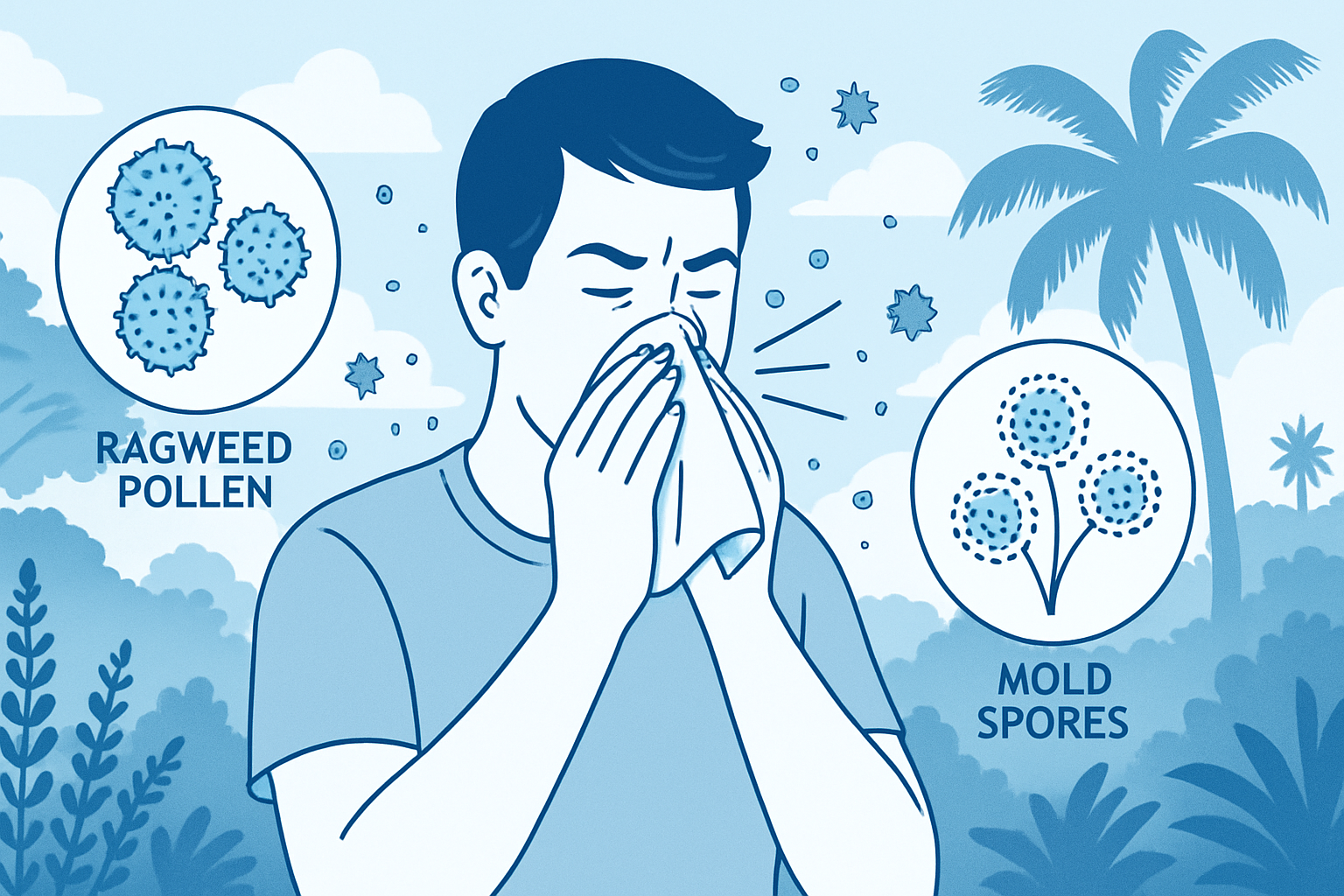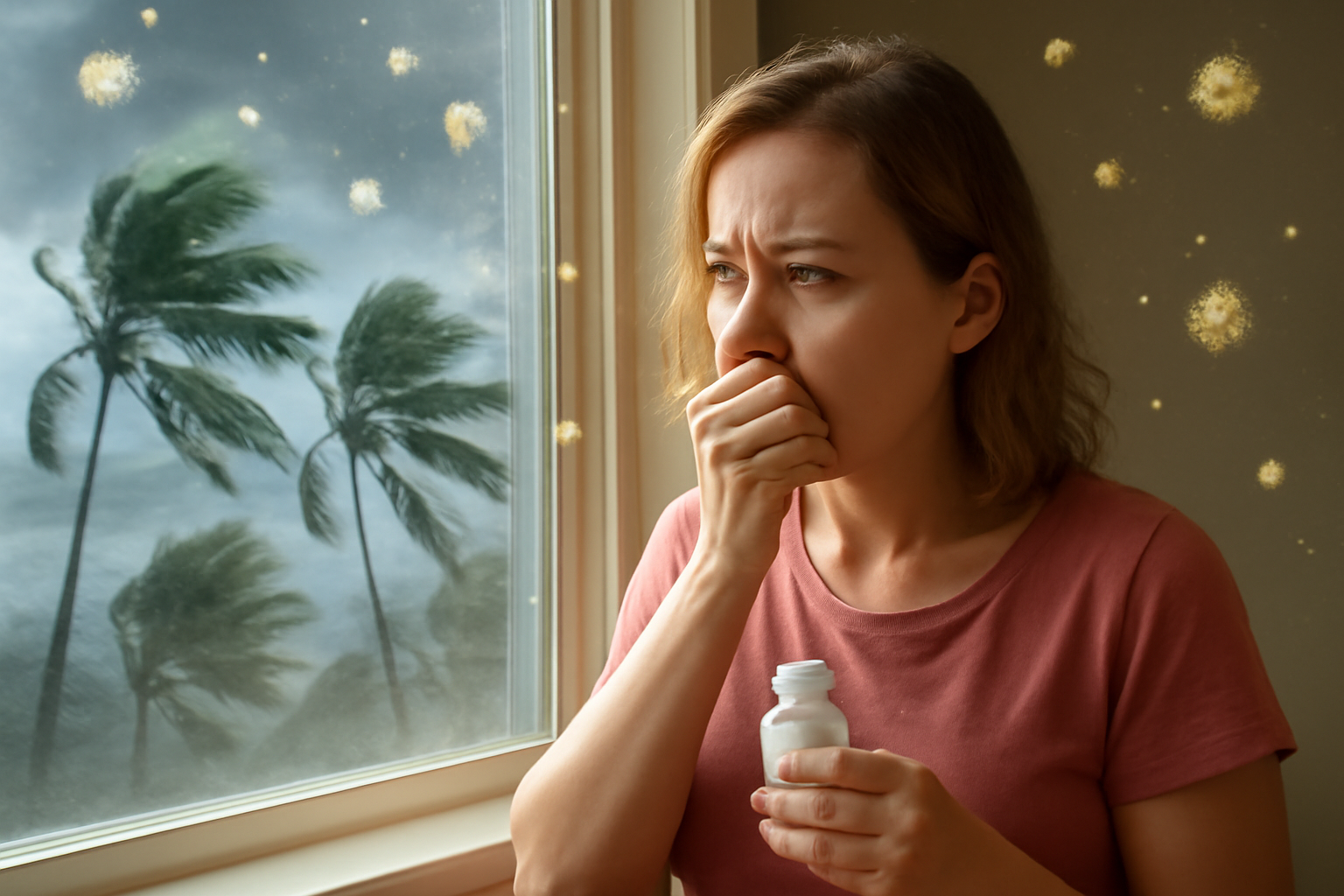
Picture yourself on a sunny day in the Sunshine State, surrounded by beautiful palm trees and pristine beaches. Florida's subtropical climate makes it a paradise for those who love warm weather. However, for some residents and visitors, there's a hidden menace—cedar allergies.
While cedar may not be the first allergen that comes to mind in Florida, it is often a significant source of discomfort for people allergic to cedar trees.
Here's everything you need to learn about cedar allergies, how they manifest in Florida, and the essential questions to ask your allergist if you suspect you're dealing with this prickly problem.
Cedar Trees in Florida: The Culprit
Cedar allergies (or cedar fever) are a relatively uncommon condition for Floridians. Do note that we're not referring to the famous cedar trees of the American Northwest but rather to the Eastern Red Cedar, scientifically known as Juniperus virginiana.
These evergreen trees are native to Florida and able to thrive everywhere, from urban landscapes to rural woodlands. While they may provide shade and aesthetic appeal, their pollen often wreaks havoc on the respiratory systems of allergy sufferers.
Cedar Allergy Symptoms
Cedar allergies typically manifest in various ways, and the symptoms may resemble other common allergies. If you suspect you're affected by cedar allergies in Florida, be on the lookout for:
- Sneezing and Runny Nose: One of the most common cedar allergy symptoms is sneezing fits and a runny or congested nose. If you inhale the pollen from cedar trees, it will trigger these responses.
- Itchy and Watery Eyes: Cedar allergies often lead to itchy, red, and watery eyes. The eyes often become irritated due to pollen exposure, making them sensitive to light and discomfort.
- Throat Irritation and Coughing: Cedar pollen may irritate the throat, causing persistent coughing and a scratchy or sore throat.
- Wheezing and Shortness of Breath: For asthmatic people or other respiratory conditions, cedar allergies may exacerbate symptoms, leading to wheezing and shortness of breath.
- Skin Reactions: Some individuals may experience skin reactions, such as hives or eczema, when exposed to cedar pollen.
Asking the Right Questions
If you suspect cedar allergies, the next step is to consult an allergist. They provide expert guidance and perform tests to confirm your condition. To make the most of your visit, here are essential questions to ask:
- Can you verify my allergy to cedar pollen? A thorough evaluation, including skin or blood tests, determines whether or not cedar pollen is the cause of your symptoms.
- How can I manage my cedar allergy in Florida? Your allergist may recommend various strategies for managing your allergy, including medication, lifestyle changes, and allergen avoidance. It is best to visit your allergy doctor during cedar fever season.
- Are there any cross-reactive allergens I should be aware of? Cross-reactivity with other allergens, such as certain fruits or vegetables, is common. Your allergist typically advises you on potential dietary modifications.
- What are the best times to avoid cedar pollen exposure? Understanding the peak cedar pollen seasons in Florida helps you plan outdoor activities to minimize exposure.
- What treatments and medications provide quick relief? Your allergist will discuss available drugs and therapies that help alleviate your symptoms, whether seasonal or year-round.
- Is allergy immunotherapy a suitable cedar fever treatment? Allergy shots, or immunotherapy, are a safe and effective long-term solution for cedar allergies. Ask your allergist if this treatment is proper for you.
Cedar allergies might not be as famous as some Florida allergens, like
mold spores or pollen from grass and oak trees, but they can still make your life miserable. By consulting an allergist and asking the right questions, you will gain valuable insights into your condition and develop an effective management plan.
In the land of endless summer, don't let cedar allergies dampen your Florida experience. Take control, ask the right questions, and breathe easy under those majestic palm trees.
FAQs About Cedar Allergy Season in Florida
- When is allergy season in Florida?
Cedar pollen season in Florida typically occurs from late fall to early winter, with peak pollen levels in December and January. It varies slightly depending on the region and weather conditions.
- What are the common symptoms of cedar allergies?
Common symptoms of cedar allergies include sneezing, nasal congestion, runny or stuffy nose, itchy or watery eyes, throat irritation, and coughing. Some people may also experience fatigue or mild headaches.
- How do I distinguish cedar fever symptoms from a cold or flu?
Cedar allergy symptoms are similar to cold or flu, but some differences exist. Allergy symptoms tend to be persistent and include itchy or watery eyes, which are less familiar with colds or flu. Additionally, allergies do not typically cause fever, aches, or chills.
- Are there any effective treatments for cedar allergy symptoms?
Over-the-counter antihistamines and decongestants efficiently relieve symptoms. Nasal corticosteroid sprays are also effective in reducing inflammation.
- Can cedar allergies be prevented or reduced?
You may reduce exposure to cedar pollen by keeping windows closed during the pollen season, using air purifiers, and frequently cleaning your home. Avoid outdoor activities during peak pollen seasons, and consider wearing sunglasses to protect your eyes.
- Are there any long-term strategies for managing cedar allergies?
Allergen immunotherapy (allergy shots) is a compelling long-term solution for cedar allergies. These shots gradually desensitize your immune system to the allergen, reducing your allergic reactions over time.
- Can cedar allergies lead to complications?
While cedar allergies are not dangerous, untreated symptoms often lead to complications like sinus infections or ear infections. It's essential to manage your allergy symptoms to prevent such issues.
- Is it possible to outgrow cedar allergies?
Some individuals may outgrow their cedar allergies over time, but it varies from person to person. Allergy testing and consultation with an allergist provide insights into your situation.
Reclaim Your Life Against Allergies With Us!
If you're searching online for "allergist near me," "Tampa allergist," "Bradenton allergist," or "best allergist," this is the perfect page for you!
Dealing with cedar allergies may dampen your mood and active lifestyle. However, there are ways to effectively cope with allergies by asking the right questions and finding the best allergy doctors to help you.
Bradenton and Sarasota Allergist
Dr. Sabharwal and her team of board-certified allergists have your back! We start with accurate allergy testing to provide you with the appropriate treatment you deserve for tree pollen allergy symptoms. Our customizable treatment options ensure an allergy-free life for you and your family.
Click
here to book your appointment, or call us at 941-792-4151 for all inquiries.


